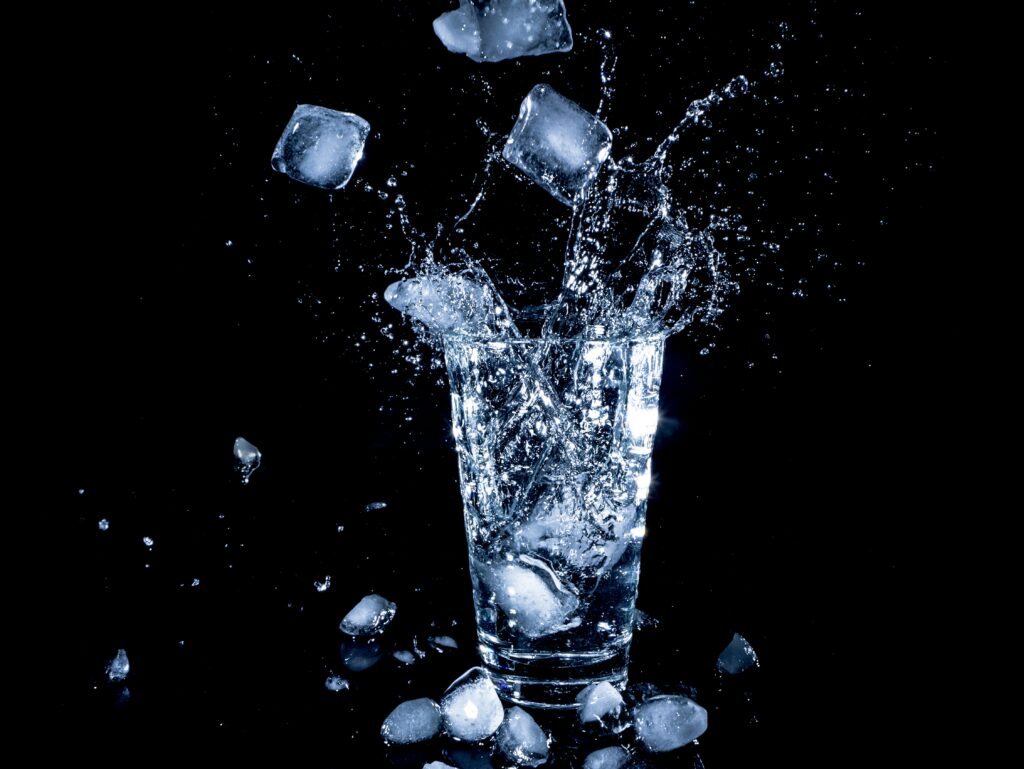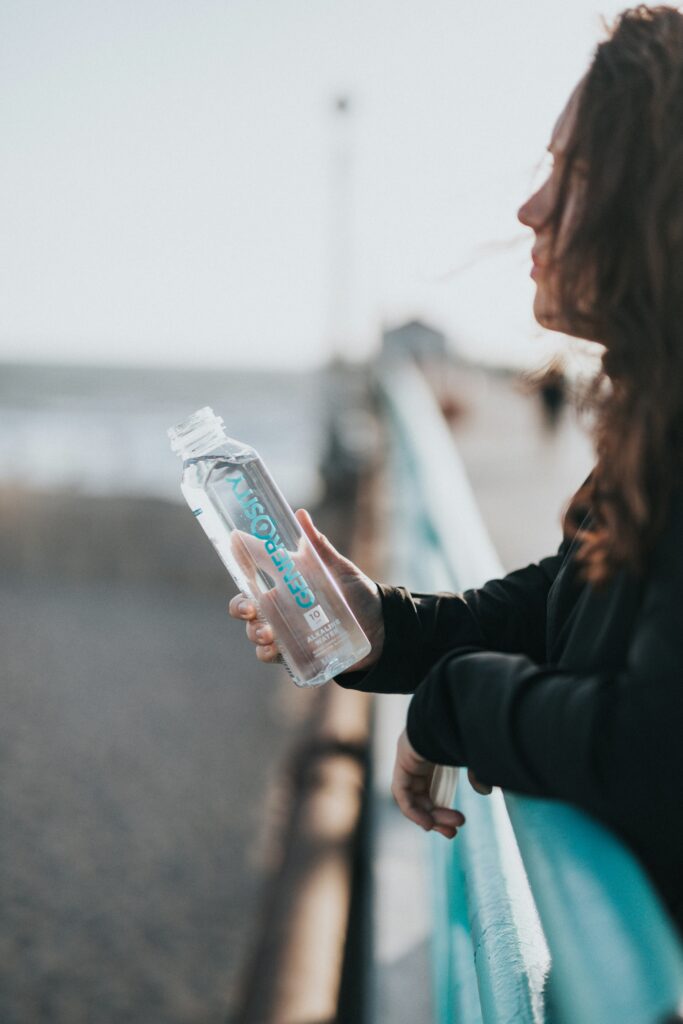Water is essential for life. It comprises a significant portion of our bodies and plays a crucial role in various physiological processes. Despite its importance, many people underestimate the significance of staying adequately hydrated. In this blog post, we will explore the importance of hydration, delve into the factors that influence water needs, and provide practical tips for ensuring optimal hydration levels.
The Role of Water in the Body
Water is involved in numerous bodily functions, including temperature regulation, nutrient transport, digestion, and waste removal. It serves as a solvent for essential nutrients and minerals, facilitates chemical reactions in the body, and helps maintain electrolyte balance. Adequate hydration is vital for overall health and well-being, as even mild dehydration can impair physical and cognitive performance.
Understanding Hydration Needs
The amount of water an individual needs varies based on several factors, including age, gender, body size, activity level, climate, and overall health. While there is no one-size-fits-all recommendation for water intake, several guidelines can help individuals determine their hydration needs.
- The Institute of Medicine (IOM) recommends that adult men aim for about 3.7 liters (125 ounces) of total water intake per day, while adult women should strive for approximately 2.7 liters (91 ounces) of total water intake per day. These recommendations include water obtained from beverages and food sources.
- The “8×8” rule, which suggests drinking eight 8-ounce glasses of water per day, is a simple guideline that can help individuals establish a baseline for hydration. However, individual water needs may vary, and it’s essential to adjust intake based on factors like activity level and climate.
- Monitoring urine color can provide valuable insights into hydration status. Clear or pale yellow urine indicates adequate hydration, while dark yellow or amber-colored urine may signal dehydration and the need to increase fluid intake.
Factors Influencing Hydration Needs

Several factors can influence an individual’s hydration needs
- Physical Activity: Exercise increases fluid loss through sweat, so individuals engaged in vigorous physical activity or endurance exercise may need to consume additional water to replace lost fluids.
- Climate: Hot and humid weather can increase sweating and fluid loss, necessitating higher water intake to maintain hydration levels.
- Illness: Fever, vomiting, diarrhea, and other illnesses can lead to increased fluid loss and dehydration. It’s essential to drink plenty of fluids when sick to prevent dehydration and support the body’s recovery process.
- Pregnancy and Breastfeeding: Pregnant and breastfeeding women have higher fluid requirements to support fetal development, milk production, and hydration needs.
Practical Tips for Staying Hydrated

To ensure optimal hydration, consider the following tips
- Carry a reusable water bottle with you throughout the day and sip water regularly to stay hydrated.
- Flavor water with citrus slices, berries, or herbs for added taste and hydration motivation.
- Eat water-rich foods such as fruits (e.g., watermelon, oranges, berries) and vegetables (e.g., cucumber, lettuce, celery) to increase your overall fluid intake.
- Drink fluids before, during, and after exercise to replenish lost fluids and electrolytes.
- Set reminders or establish a hydration routine to ensure you’re drinking water consistently throughout the day.
Conclusion
Hydration is essential for maintaining overall health and well-being. By understanding the factors that influence hydration needs and implementing practical strategies for staying hydrated, individuals can support their body’s physiological functions, enhance physical and cognitive performance, and promote overall vitality. Remember to listen to your body’s thirst cues, monitor urine color, and prioritize hydration as a fundamental aspect of a healthy lifestyle.

